Transcript :
JUANA SUMMERS, HOST:
All summer long, we’ve been hearing about how she’s fallen in love and quit her job and needs new motivation and is building up her new foundation.
(SOUNDBITE OF SONG, “BREAK MY SOUL”)
BEYONCE: (Singing) Oh, baby, baby, you won’t break my soul. You won’t break my soul. You won’t break my soul. You won’t break my soul.
SUMMERS: And today, we get to hear what Beyonce was talking about in that ubiquitous single. She has just released her new album, “Renaissance.” And music journalist Danyel Smith joins us. She is the author of the book “Shine Bright: A Very Personal History Of Black Women In Pop.” Thanks for being here, Danyel.
DANYEL SMITH: Thank you for having me, Juana. It’s so great to talk to you.
SUMMERS: You, too. All right. So that single, “Break My Soul,” and its samples and production – it had us all predicting that this new album would be dominated by dance music sounds, which it is, right?
SMITH: It really is. And it’s so actually just very wonderful. I think we’re living in a time of so much uncertainty right now. So many things can seem so scary. And I think Beyonce is giving us permission to say, but I can still sort of shake my groove thing; I can still claim my joy.
(SOUNDBITE OF SONG, “BREAK MY SOUL”)
BEYONCE: (Singing) Everybody, everybody, everybody.
SUMMERS: This dance music from disco to house and all kinds of techno was often pioneered by Black, queer artists.
(SOUNDBITE OF SONG, “BREAK MY SOUL”)
BIG FREEDIA: (Rapping) Release the love. Forget the rest.
SUMMERS: Beyonce is so clearly shouting out to that history. I mean, it’s not even just the beats. If you look at the liner notes, there is Big Freedia. There is T.S. Madison. There is Honey Dijon. It is expansive.
SMITH: It’s expansive. And I think she’s just really making such a point of acknowledging people’s contributions. She’s saying to the Black, queer community, I see you. I feel you. I want to dance with you. I want to party with you. But most of all, I want the world to know more about you.
SUMMERS: This seems like something that for her is also quite personal. In the liner notes, she shouts out her godmother, Uncle Jonny, as well as her queer fanbase.
(SOUNDBITE OF SONG, “HEATED”)
BEYONCE: (Rapping) Uncle Jonny made my dress. That cheap spandex – she looks a mess.
SMITH: One of the reasons that we love her so much is because she does give us this authentic part of herself. People can say, oh, that’s just Beyonce being Beyonce. And the thing is that is Beyonce sharing herself with us in a way that we can all relate to. I love to see it. I love to feel it.
SUMMERS: Yeah. You know, this album is also a little physically explicit. It certainly – it’s a little uninhibited about bodies. She talks about her bodies, flaunting bodies, sex. It’s all in the first person. She’s saying, like, I want this.
(SOUNDBITE OF SONG, “CHURCH GIRL”)
BEYONCE: (Singing) Nobody can judge me but me.
SUMMERS: From my first listen, one of my favorite songs is the song “Church Girl.” Where does all of this come from? Let’s talk about it.
SMITH: First of all, “Church Girl” is, like, my second favorite song on the album. I love it so much. The energy is just very like, yes, we all have to dress up and play nice a lot of the time, but hey; come Saturday night, come Thursday night, let’s shake it. Let’s talk about our bodies. When she talks about, like, the fullness of breasts and thighs and just, hey – just letting loose, yes, it is explicit. But let’s be honest. She was explicit in “Drunk In Love.” So Beyonce…
SUMMERS: Yeah.
SMITH: …Does know how to go there.
(SOUNDBITE OF SONG, “CHURCH GIRL”)
BEYONCE: (Singing) She gone shake them thighs and them pretty tig ol’ bitties (ph). So get your racks up. Word. Get your math up. I’ma (ph) back it up, back it, back it up.
SUMMERS: All right. So I want to talk about a song I know you and I both love. And it’s the last song. It is “Summer Renaissance,” and in it, Beyonce samples and interpolating Donna Summer’s “I Feel Love.” And it is this incredible, electric moment. Let’s listen.
(SOUNDBITE OF SONG, “SUMMER RENAISSANCE”)
BEYONCE: (Singing) Oh, it’s so good. It’s so good. It’s so good. It’s so good. It’s so good.
SUMMERS: I can hear you snapping over there. This moment blew my mind. What did you make of it?
SMITH: I’m seriously going between snapping my fingers and wiping away tears. It is – like, I’m serious when I say that the erasure of Donna Summer’s legacy is culturally criminal when you think about how she put an entire genre of music on her back. And we don’t talk about Donna Summer enough. We don’t listen to her music enough. So to hear Beyonce singing like her, sampling her – and I feel like this is a song on the album, too, where – we all look for that one or two songs on a Beyonce album where you want to say, oh, that’s the song that she’s really singing on.
SUMMERS: Yeah.
SMITH: Like, she’s really singing. Like, she’s really singing on “Summer Renaissance.”
(SOUNDBITE OF SONG, “SUMMER RENAISSANCE”)
BEYONCE: (Singing) I want your love. I want your spirit. The more I want, the more I need it. The more I want, the more I need it, need it, need it.
SMITH: It’s beautiful. You know, you want to wish that Donna Summer was alive to hear it. Man, it’s just Beyonce claiming the woman that came before her. Why does it take Beyonce to make us have conversations about Donna Summer, these women who changed pop culture? I try to talk about it as much as I can in “Shine Bright,” but I want all of us to be talking about these women all of the time.
SUMMERS: That is Danyel Smith, the author of “Shine Bright: A Very Personal History Of Black Women In Pop” and host of the podcast “Black Girl Songbook.” Danyel, thank you so much for being here.
SMITH: Juana, thank you so much for having me.
(SOUNDBITE OF SONG, “SUMMER RENAISSANCE”)
BEYONCE: (Vocalizing). Transcript provided by NPR, Copyright NPR.



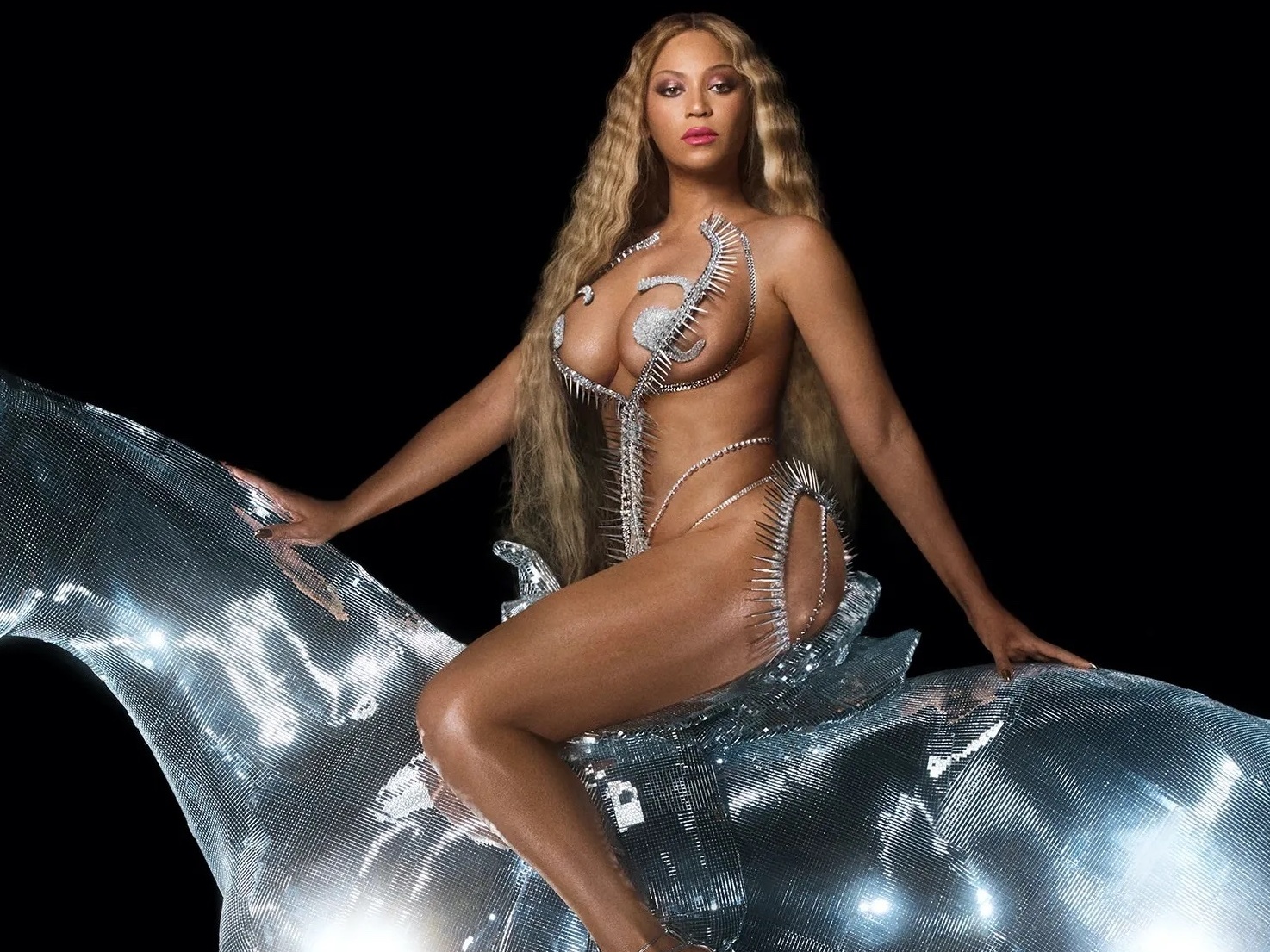
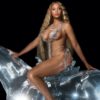

9(MDQ0ODU2MzU2MDE1NTM3MTIwMjFiMDhjNA000))
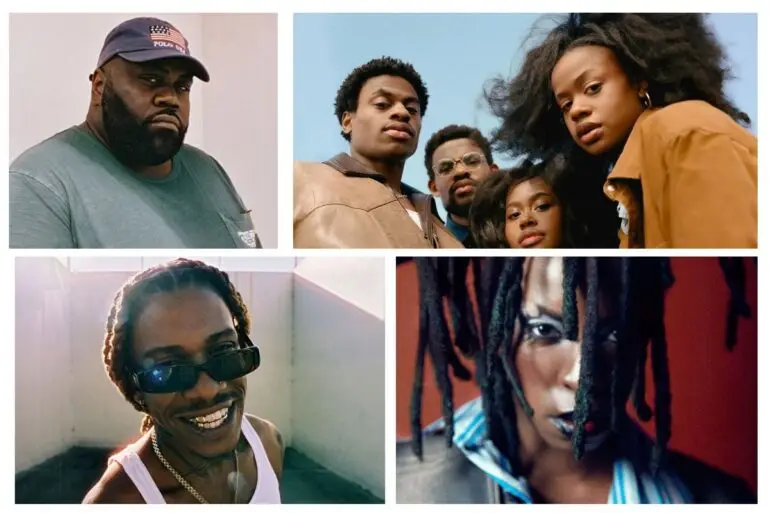
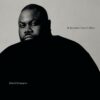

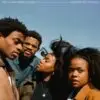
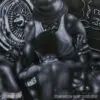


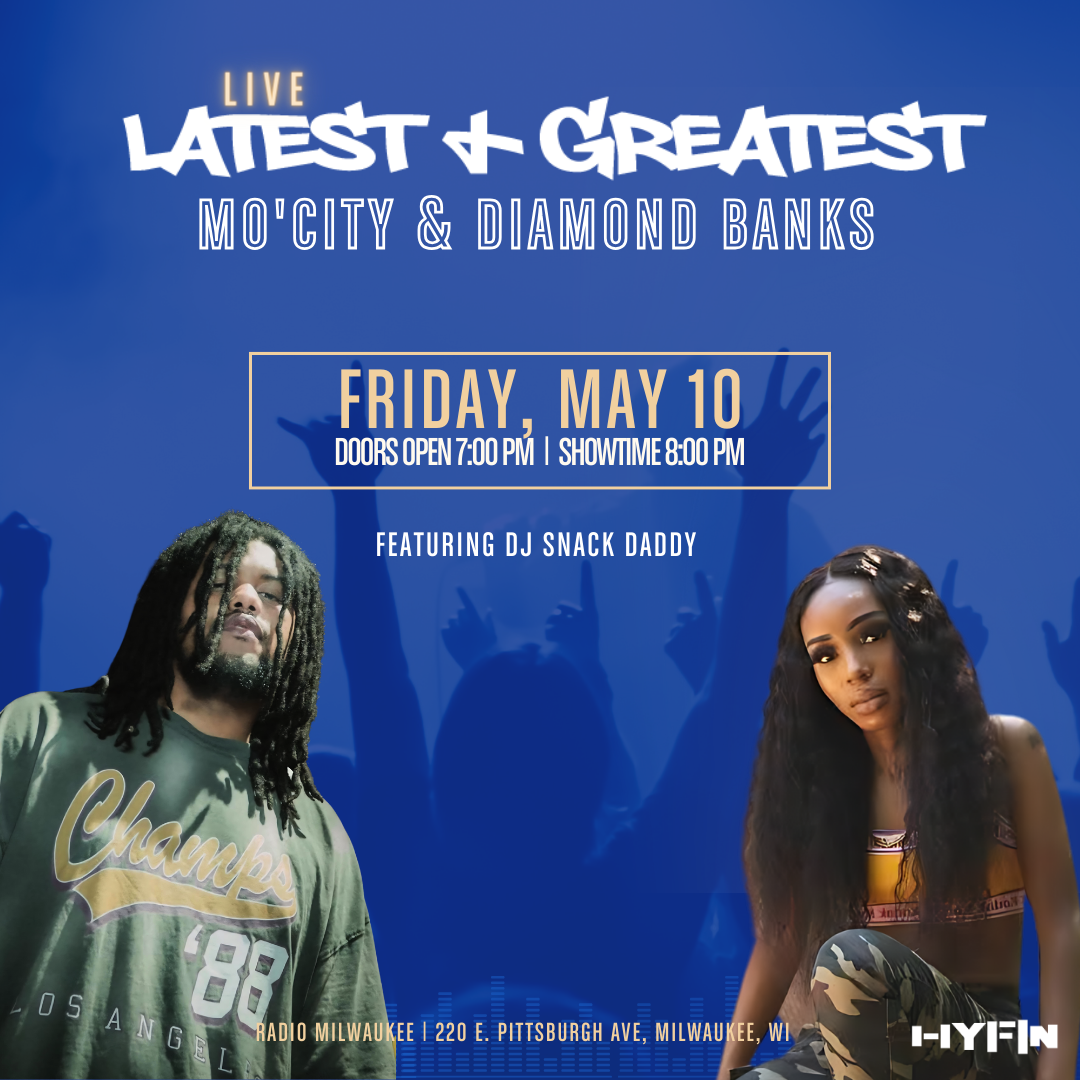
You must be logged in to post a comment.